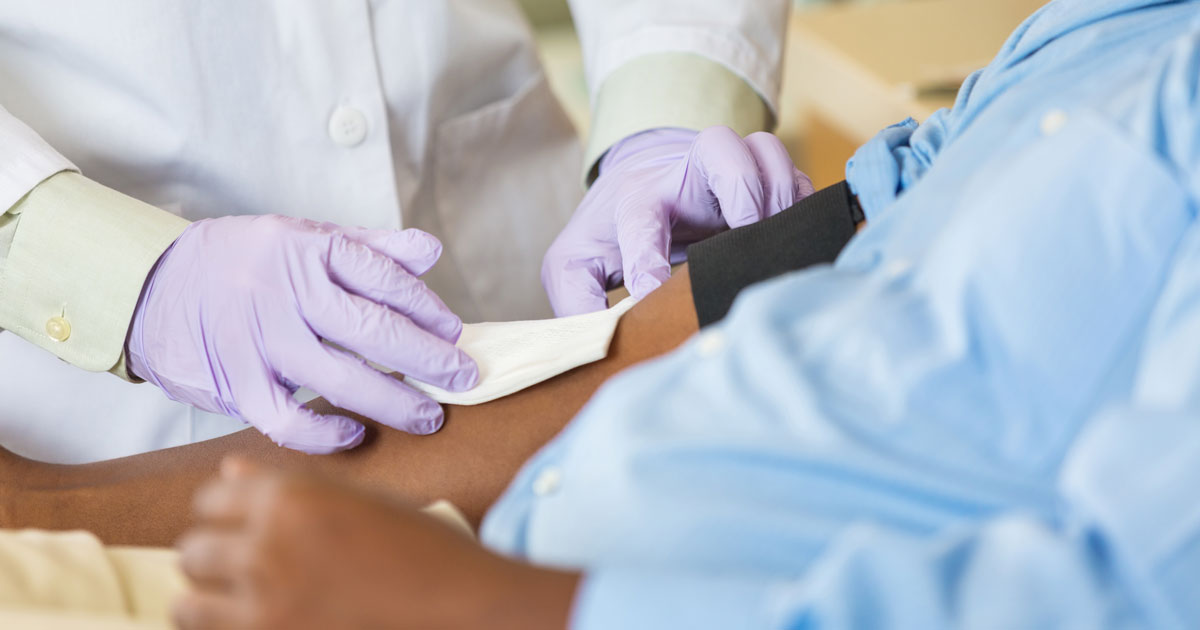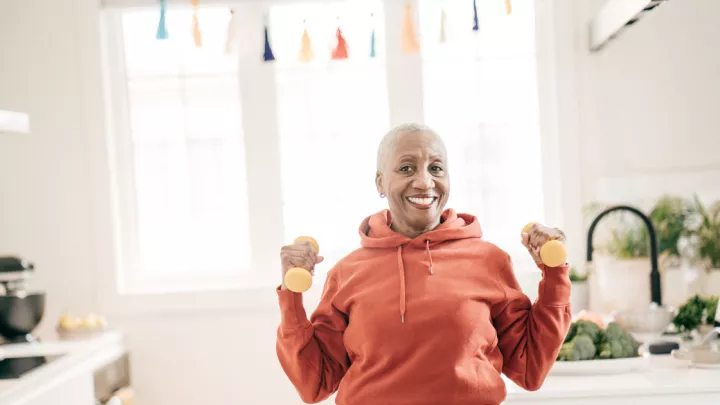Antibodies: Blood warriors with a grudge

To track the spread of the coronavirus, researchers are developing antibody tests using blood samples. The COVID-19 antibody test is one way to identify people who have been exposed to the virus – even if they don’t show any symptoms.
While COVID-19 antibody tests are currently in development, scientists have used antibody tests for other illnesses for years. Find out how antibodies could potentially be used to detect, prevent or even treat COVID-19.
Blood tests detect coronavirus antibodies
Antibody tests – also called serological tests – detect antibodies in a person’s blood.
Your body produces antibodies to defend against bacteria, viruses and anything else your immune system recognizes as foreign. In a COVID-19 antibody test, researchers determine if a collected blood sample has antibodies which are targeted to coronavirus. If antibody testing becomes accessible, tracking the coronavirus (and slowing its spread) will become easier.
Antibody testing can slow the spread of COVID-19 by:
- Identifying how prevalent the infection actually is in the community.
- Speeding up testing in areas where nasal swab testing (PCR-based) is not available.
- Providing passive immunity by transferring coronavirus-specific antibodies.
- Creating the ability to develop candidates for a vaccine.
Currently, the nasal swab test is the only test widely available to diagnose COVID-19. In a nasal swab test, researchers detect the genetic material of the virus to see if a person is actively infected with COVID-19. As of today, antibody tests do not yet diagnose the active disease of COVID-19.
All-purpose defender or harboring a grudge
Antibody tests show if a person has been infected with the coronavirus. But the body produces different types of antibodies. Some antibodies are produced quickly during a new illness to neutralize the invader (called IgM antibodies). Think of them as all-purpose defenders that fight all kinds of diseases.
It takes a little longer to produce a different type of antibody. Called IgG antibodies, these “memory” antibodies harbor a long-lasting grudge. This kind of antibody helps your body respond to the same invader much faster if you encounter it again.
The body needs time to develop antibodies dedicated to fighting COVID-19. So, looking for antibodies too early after infection may produce a negative result. Based on available data, the current tests can detect these particular coronavirus antibodies as early as five days or as long as 11 days into COVID-19 illness. That means a test on day one of infection will come back negative, because the test was done too early.
We don’t know yet how many asymptomatic cases are out there (people who have the COVID-19 illness but show no symptoms). Asymptomatic people also will develop these coronavirus-fighting antibodies in their blood. Antibody blood tests can help us know how much the coronavirus has spread, which makes it easier to contain the virus.
Antibodies give immunity
Usually, once you develop antibodies you can't develop a particular infection again, meaning you have immunity. Depending on the illness, immunity can last for several months or even a lifetime.
Lifetime immunity is why most 50-year-olds aren't in danger of catching chickenpox again. Catching, and then fighting, chickenpox once as a small child produces antibodies harboring a grudge against chickenpox. Children given a vaccine also produce these lifetime chickenpox fighters.
With COVID-19, we don't yet know how many antibodies are "enough" to deem someone as potentially immune or for how long they may have immunity. This means, we don't know if someone who has recovered from COVID-19 can get re-infected and become sick again.
To answer these questions, researchers need to complete studies of patients who have antibodies and had a known exposure to the coronavirus. It will take some time to better understand COVID-19 immunity.
Antibodies may be used to treat or prevent COVID-19
Researchers are testing whether transferring coronavirus-fighting antibodies can treat or prevent COVID-19. People who have already recovered from COVID-19 would donate plasma containing coronavirus-fighting antibodies. Then we'd transfer these grudge-holding antibodies to people who are sick from (or exposed to) COVID-19.
Current challenges to using antibodies to prevent or treat COVID-19:
- Will plasma donated from a person recovering from COVID-19 help?
- If it does work, can we scale it up quickly?
A brief summary
To contain the coronavirus, tracking who may have immunity is important. The new antibody tests detect coronavirus antibodies in a person’s blood, which may mean that person was exposed, and may have immunity to COVID-19.
At this point in the COVID-19 pandemic, we can’t test everyone. But, if we can increase the availability of antibody blood testing, it would help everyone know who has been exposed to the coronavirus. These antibody tests are easier to complete than nasal swab tests, which is great news for the community.
Hopefully, accurate antibody tests will be widely available soon. The FDA has recently authorized blood testing for COVID-19 antibodies, and a few centers are already doing trials with COVID-19 patients.






